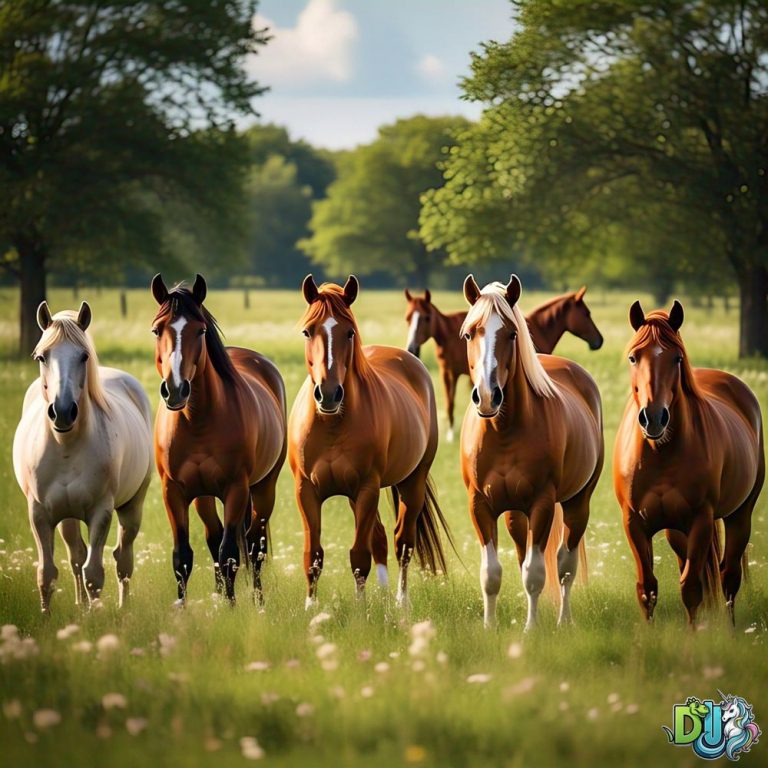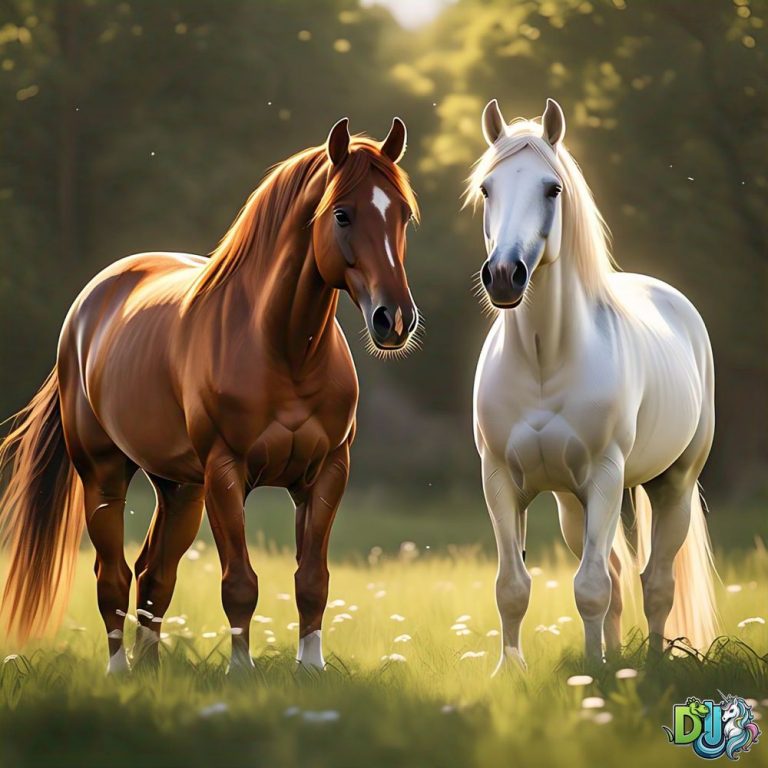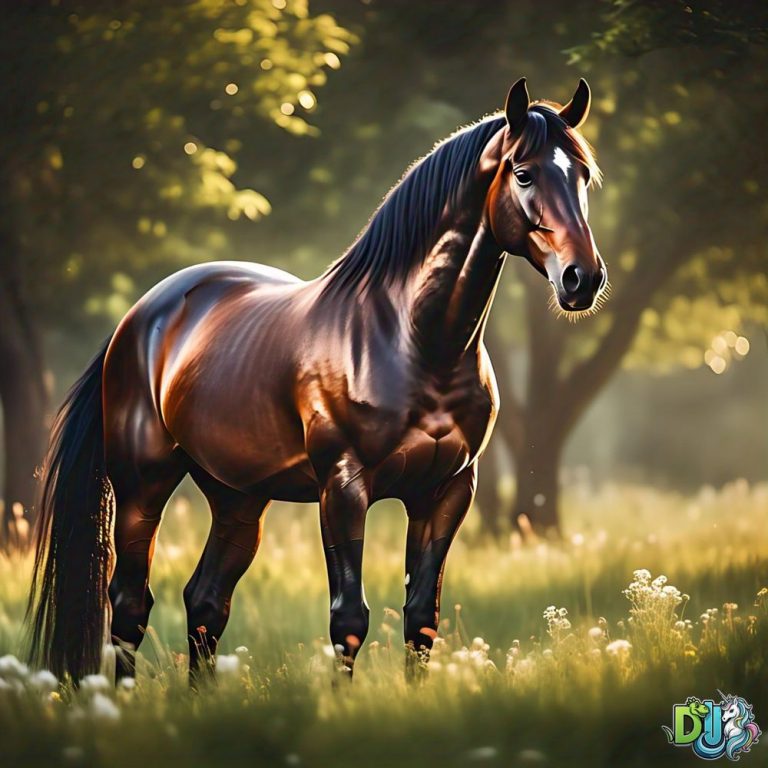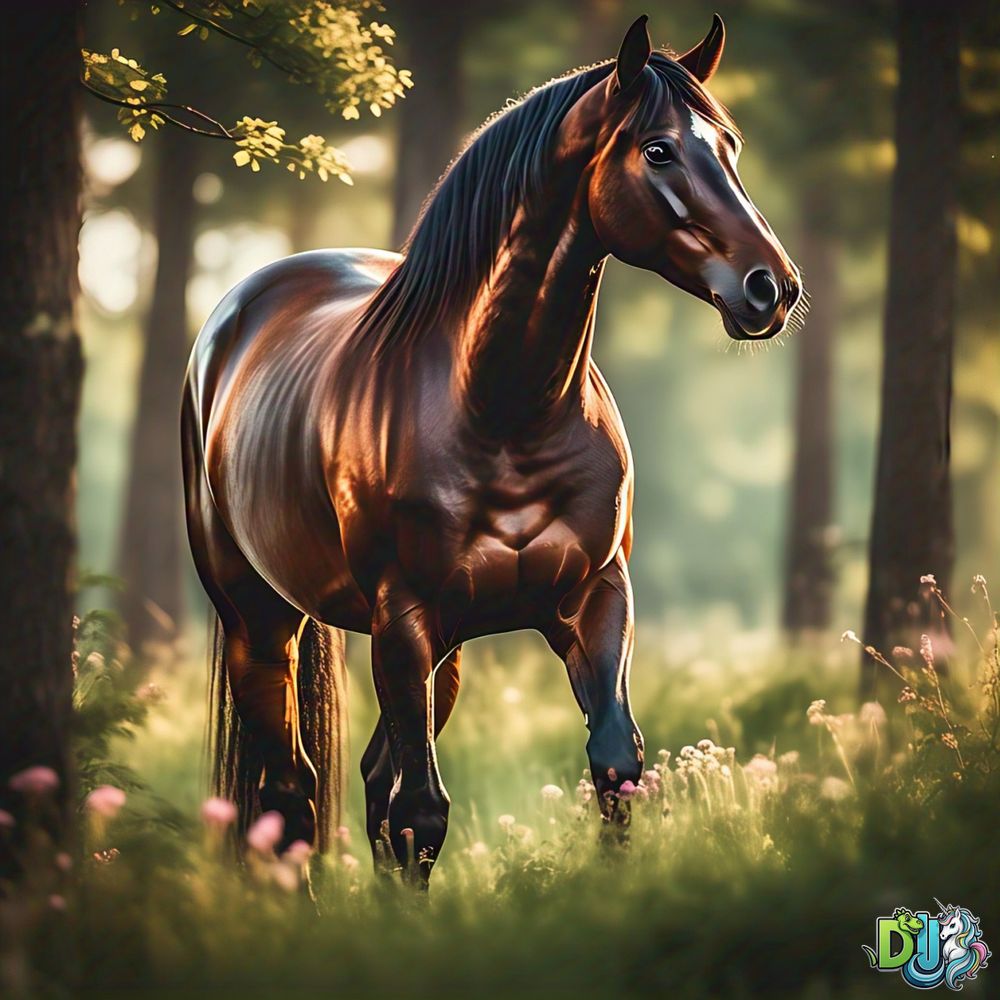Blog
How Long Do Horses Live?
Understanding Horse Lifespan: How Long Do Horses Live?
Horses are majestic creatures that have been integral to human society for centuries. Whether you are an equestrian enthusiast, a horse owner, or someone curious about these incredible animals, understanding how long horses live is crucial. Horses, like all animals, have a lifespan that can vary depending on several factors, including breed, environment, diet, and health care. In this article, we will explore the average horse lifespan, the factors affecting horse longevity, and how you can care for your horse as it ages.
The Average Horse Lifespan: What You Need to Know
What is the Average Lifespan of a Horse in Captivity?
The average horse lifespan can vary widely, but horses typically live between 25 to 30 years in captivity. However, this lifespan can be influenced by various factors such as their environment, diet, and care. Horses that are well cared for, provided with a balanced diet, and maintained in a safe, healthy environment can often live longer than those that are neglected or exposed to poor living conditions.
How Long Do Horses Live in the Wild Compared to Domesticated Horses?
When comparing the lifespan of horses in the wild to those in captivity, wild horses tend to live shorter lives. While a wild horse’s lifespan might only reach 15 to 20 years, domesticated horses, on average, live longer due to the care and attention they receive from their owners. The risks in the wild, such as lack of food, predators, and harsh weather, contribute to their shorter lifespans.
Differences in Horse Lifespan by Breed: Are Some Horses Known to Live Longer?
Certain horse breeds are known for their longevity. For instance, Ponies generally live longer than larger breeds like Thoroughbreds or Warmbloods. The average lifespan of Ponies can reach 35 years or more, while other breeds such as Arabian horses are also renowned for their longer lifespan, often living well into their 30s. Understanding the breed-specific horse life expectancy can help owners provide better care and prepare for the horse’s aging process.

Factors Affecting Horse Longevity
Environmental Factors and Their Impact on Horse Life Expectancy
The environment in which a horse is raised plays a critical role in its overall health and life expectancy. Horses that live in clean, spacious, and well-maintained environments are more likely to live longer, healthier lives. Ensuring they have access to proper shelter, regular grooming, and clean water is crucial for maintaining their longevity.
Nutrition and Its Role in Increasing Horse Lifespan
A balanced and nutritious diet is essential for increasing a horse’s lifespan. Horses need a variety of nutrients, including fiber, protein, vitamins, and minerals. Providing high-quality hay, fresh grass, and supplements specific to your horse’s age, breed, and activity level can help maintain a strong immune system and prevent age-related health issues.
Exercise and Physical Health: How It Affects Aging in Horses
Regular exercise is important to keep horses healthy, even as they age. Exercise helps maintain muscle mass, keeps joints flexible, and supports overall cardiovascular health. However, it’s essential to modify the intensity and frequency of exercise as horses get older to avoid injury and overexertion. Regular checkups with a veterinarian will help you determine the right balance of exercise for your aging horse.
Caring for Older Horses: Signs of Aging and Health Considerations
How to Recognize Signs of Aging in Horses
As horses grow older, they begin to show physical signs of aging. Some common signs of aging in horses include a decrease in energy, difficulty chewing food, graying coat, and joint stiffness. As their muscle mass decreases, older horses may also develop a more noticeable sway in their gait. Regularly observing your horse’s behavior can help detect signs of aging and take appropriate action early.
Common Health Issues in Elderly Horses
Older horses are more prone to a variety of health issues, such as arthritis, cushings disease, dental problems, and digestive issues. Keeping an eye on their health and consulting with your veterinarian can help manage these conditions effectively. Regular dental checkups are especially important, as older horses may develop issues that can make it difficult for them to chew food properly, leading to weight loss or malnutrition.
Best Practices for Senior Horse Care and Maintaining Quality of Life
The best way to care for senior horses is by providing them with the right diet, regular exercise, and routine veterinary care. Senior horses may require special dietary adjustments, such as softer food or joint supplements, to keep them comfortable. Ensuring your aging horse has a comfortable place to rest, free from harsh weather or rough terrain, is also essential for maintaining its quality of life.

Maximizing Horse Longevity: Tips and Best Practices
How to Care for an Aging Horse to Extend Their Lifespan
Caring for an aging horse involves making a few key adjustments to their routine. As horses age, their muscle mass may decrease, and their joints may become stiffer. Gentle exercise, such as walking or slow trotting, can help maintain flexibility. Consider providing a more comfortable bedding to support aging joints, and joint supplements to help maintain cartilage health. A regular vet check-up is also crucial to detect and address any underlying health conditions early.
Nutrition and Supplements That Can Help Increase Horse Lifespan
As horses age, their nutritional needs change. Senior horses may need higher-quality hay, and their diet should include more easily digestible food. Joint supplements and omega-3 fatty acids can help reduce inflammation and support mobility. Adding vitamin-rich food such as carrots and apples can boost their immune system and improve overall health. Consulting with a vet can help determine the best supplements for your horse’s specific needs.
Regular Health Check-Ups and Monitoring Aging Horses
The key to maximizing your horse’s lifespan is monitoring their health consistently. Annual vet visits are essential to catch problems early, and your vet can provide guidance on the best diet, exercise, and care for your aging horse. Regular blood tests, veterinary scans, and other health screenings can detect conditions that may not be visible to the naked eye but can significantly impact a horse’s longevity.
Horse Lifespan by Breed: Which Breeds Live the Longest?
Comparing the Life Expectancy of Different Horse Breeds
Certain breeds tend to have longer lifespans than others. For example, Arabian horses are known for their long life expectancy—they can live up to 30 years or more with proper care. On the other hand, larger breeds like Thoroughbreds and Warmbloods may have slightly shorter lifespans, often living between 20 to 25 years. Knowing the breed of your horse can help you understand what to expect and how to care for them as they age.
Do Some Horse Breeds Live Longer Than Others? A Closer Look at Breed-Specific Longevity
Some horse breeds, such as Ponies and certain Arabians, are particularly known for their longevity. On the contrary, draft horses and racehorses may have shorter lifespans due to the physical demands placed on them. Researching breed-specific traits can help owners provide the right care to maximize their horse’s longevity.
The Science of Horse Aging: How Do Horses Age Over Time?
The Aging Process of a Horse: How It Compares to Human Aging
Horses age similarly to humans in that they go through various life stages. From a young, energetic foal to a mature adult, and finally to an elderly horse, the aging process is marked by declining muscle tone, joint stiffness, and changes in their coat. However, unlike humans, horses age much faster during their first few years of life, reaching physical maturity at around 5 years old. By their late teens or early twenties, they are considered seniors.
The Relationship Between a Horse’s Age and Its Overall Health
As horses age, they require more care and attention. An aging horse is more prone to health issues, including dental problems, arthritis, and digestive disorders. It’s essential to keep up with regular vet check-ups and be mindful of changes in their behavior. Monitoring their health and mobility can help improve their quality of life and extend their years.
What Does the Life Cycle of a Horse Look Like?
The life cycle of a horse can be broken down into different stages: foal (birth to 1 year), yearling (1 to 2 years), adult (2 to 15 years), and senior (15+ years). Understanding each stage helps owners provide age-appropriate care, including dietary adjustments, exercise, and health monitoring.

Wild vs Domestic Horses: How Their Lifespan Differs
Comparing the Lifespan of Wild Horses to Domesticated Horses
Wild horses face greater challenges in terms of survival, including predators, food scarcity, and harsh weather. As a result, their life expectancy is typically shorter than that of domesticated horses. Domesticated horses, with proper care, can live significantly longer, often up to 30 years or more, compared to the 15 to 20 years of their wild counterparts.
The Role of Human Care in Increasing Horse Life Expectancy
Human care plays a significant role in increasing a horse’s lifespan. Regular veterinary check-ups, proper nutrition, and a safe environment free from predators can add years to a horse’s life. Domesticated horses that receive consistent attention and care are far more likely to live longer, healthier lives.
How Long Do Racehorses Live? The Effect of Racing on Horse Lifespan
The Typical Lifespan of a Racehorse
Racehorses, particularly those that compete at high levels, often face shorter lifespans due to the physical stresses of racing. The average racehorse lifespan is usually around 20 to 25 years. However, some racehorses may experience earlier retirement due to injuries, which can also affect their longevity.
How Racing Impacts a Horse’s Longevity and Health
The intense physical exertion involved in racing can take a toll on a horse’s body, leading to injuries that may affect their health in the long term. However, horses that are retired early from racing and are given time to recover and rehabilitate may still live long lives with proper care.
Frequently Asked Questions (FAQs)
How Long Do Horses Typically Live?
The average horse lifespan is around 25 to 30 years, but it can vary depending on breed, care, and environment.
Do Some Horse Breeds Live Longer Than Others?
Yes, breeds like Arabian horses and Ponies tend to live longer, often reaching 30 years or more, while larger breeds like Thoroughbreds may live shorter lives.
How Can I Extend My Horse’s Lifespan?
Providing a balanced diet, regular exercise, routine vet check-ups, and a safe environment can all contribute to extending a horse’s longevity.
What Are the Signs of Aging in Horses?
Common signs of aging in horses include a decrease in energy, joint stiffness, difficulty chewing food, and graying of the coat.
How Long Do Racehorses Live?
The average lifespan of a racehorse is around 20 to 25 years, though racing can shorten their lifespan due to injuries and physical stress.
Please visit Dinounicorn.com or Freshmilktee.com to support us. Thank you!
 Skip to content
Skip to content

